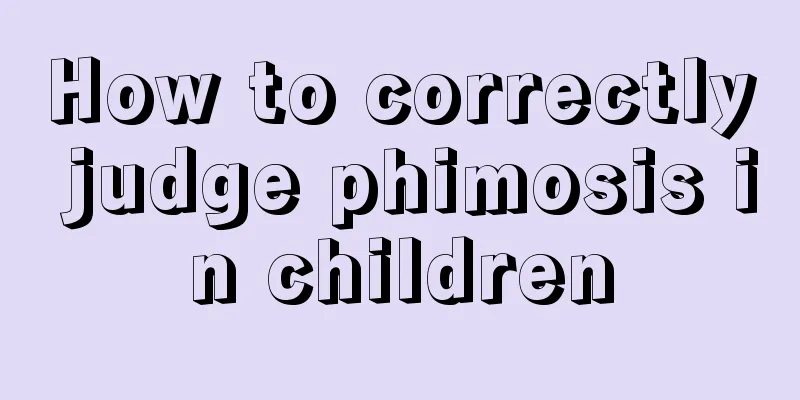Why is the newborn's heart rate fast?

|
A fast heart rate is a problem that many people have, and it is especially common in newborns. In fact, this is a relatively normal phenomenon, because children's heart rate is often relatively fast, and the younger the age, the faster the heart rate. As long as the heart rate of the newborn is within the normal range, parents do not need to worry too much. Below, we will introduce you to the relevant knowledge about the heart rate of newborns in detail.
The younger the child is, the faster the heart rate is. The heart rate for newborns is 120-140 beats/minute, for children under 1 year old it is 110-130 beats/minute, for children aged 2-3 years old it is 100-120 beats/minute, for children aged 4-7 years old it is 80-100 beats/minute, and for children aged 8-14 years old it is 70-90 beats/minute. It is not necessarily a heart disease. A fast heartbeat can occur in cases of anemia, hyperthyroidism, or in some normal people. Children's heart rate is easily affected by many factors, such as: emotional fluctuations, crying, physical activity, elevated body temperature, anemia, respiratory, circulatory, nervous and other system diseases can all increase or decrease breathing speed. If you suspect you may have heart disease, it is recommended that you go to the hospital for cardiac auscultation and cardiac ultrasound to confirm the diagnosis.
This problem can be discovered during the baby's physical examination. If family members find that the baby has such a condition while taking care of the baby, they should also go to the pediatric hospital in time for corresponding examinations and diagnosis. 1. The baby suddenly becomes pale, listless, and very weak; 2. The baby shows signs of palpitations (rapid heartbeat) without any movement; 3. The baby appears to be very uncomfortable, weak or powerless. 3. How to measure heart rate In addition to going to the hospital to use instruments to detect the baby's heart rate, parents can also measure their children's heart rate at home. The child's heart rate is measured by counting the number of times the child's pulse beats in one minute, and then compared with the normal heart rate range to see if it is normal. The method of measuring heart rate is as follows:
How can you accurately find the location of your child's pulse? Generally speaking, the pulse can be found on the neck, wrist or chest. Parents can place their warm hands on these parts to count the pulse. 2. Calculate the pulse rate within one minute When measuring a child's pulse, you can use the minute method, or you can divide it into thirty seconds and record the pulse rate twice. It should be noted that if you want to know the child's heart rate in a calm state, you need to let the child rest for at least ten minutes before measuring. This is to avoid changes in the child's heart rate after exercise, which may affect the measurement results. |
<<: How to adjust the newborn baby's upside-down sleep
>>: What does it mean when a newborn baby has a stomachache?
Recommend
At what age do children usually have underarm odor? What Parenting Experts Say
Many axillary odor diseases are inherited from th...
How to cure measles in children
It is common for children to develop urticaria, b...
How to treat swollen lymph nodes in children
Lymph node enlargement is a common clinical probl...
Easy meals for kids
Children are at a time when their bodies are deve...
Factors that cause sleepiness in three-month-old babies
Newly born babies need careful care and attentive...
What to do if your child often has a cold and cough
It is said that children are the fruit of their p...
How to determine whether a baby is anemic
We all know that newborn babies are weak, and man...
What should I do if my newborn baby is breathing rapidly while feeding?
The dietary health of newborns is a matter that p...
Four-year-old with autism
The onset of autism in a four-year-old child has ...
How to treat hunchback in children?
Hunchback is a very common phenomenon in our live...
What are the hazards of formaldehyde to babies?
Formaldehyde itself is a harmful chemical substan...
What to eat for children with poor memory
Learning is a child’s nature. The things that hap...
The reason why children's teeth turn black
Teeth are the most critical body element for a pe...
How many days does it take for a child to recover from a fever?
It is quite common for children to have a fever. ...
How many months does the baby start to see things?
How many months does it take for a baby to be abl...









